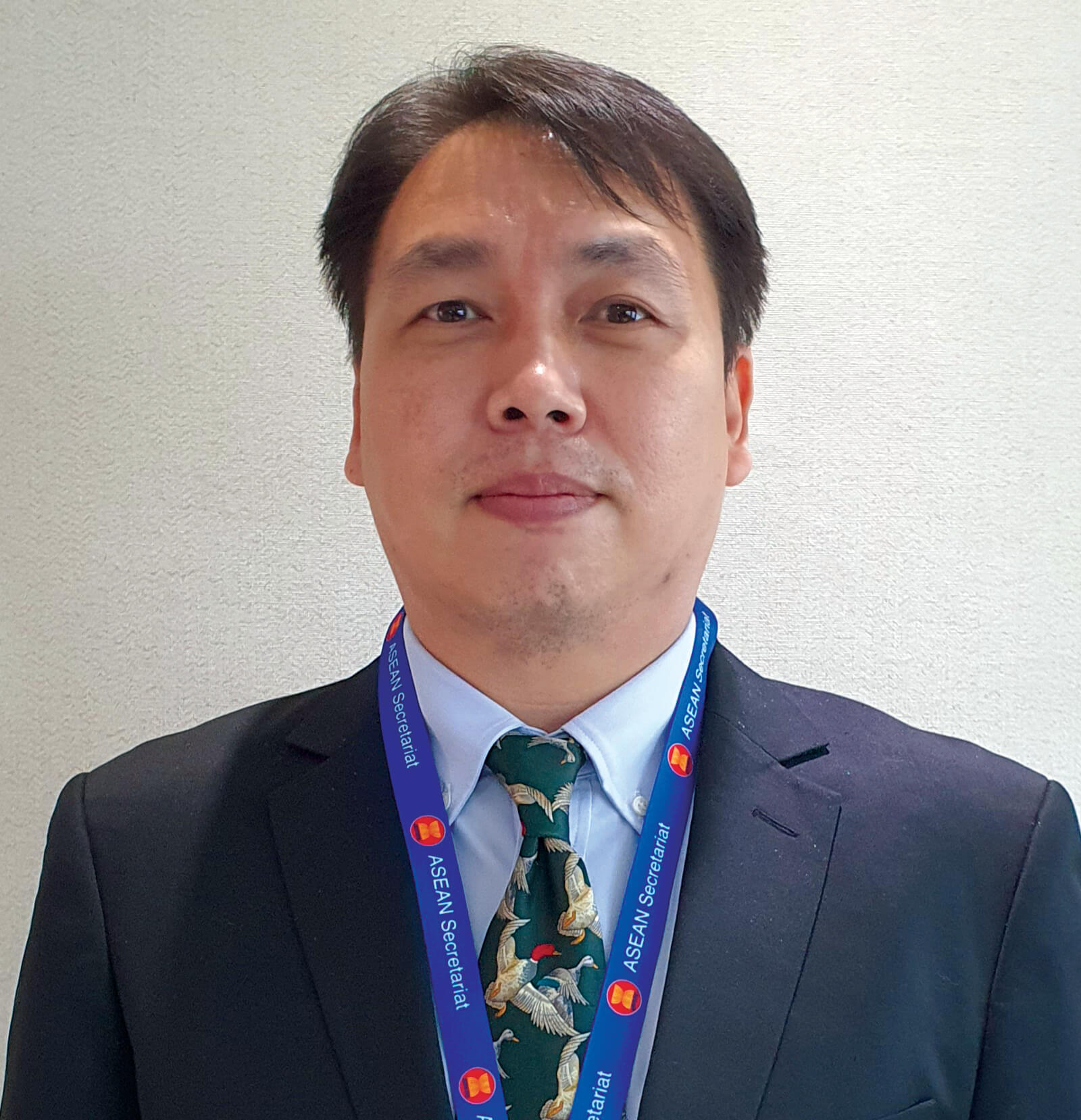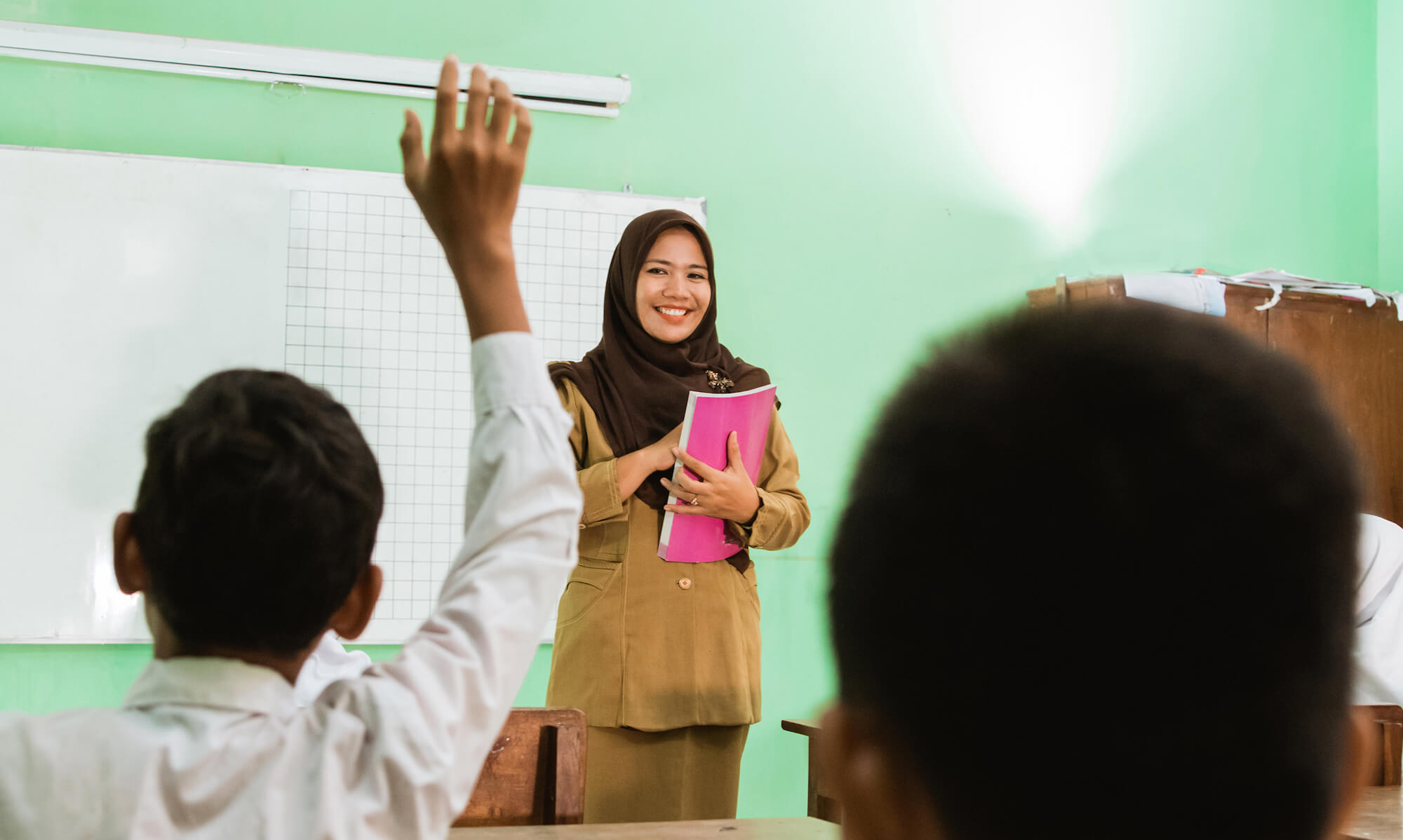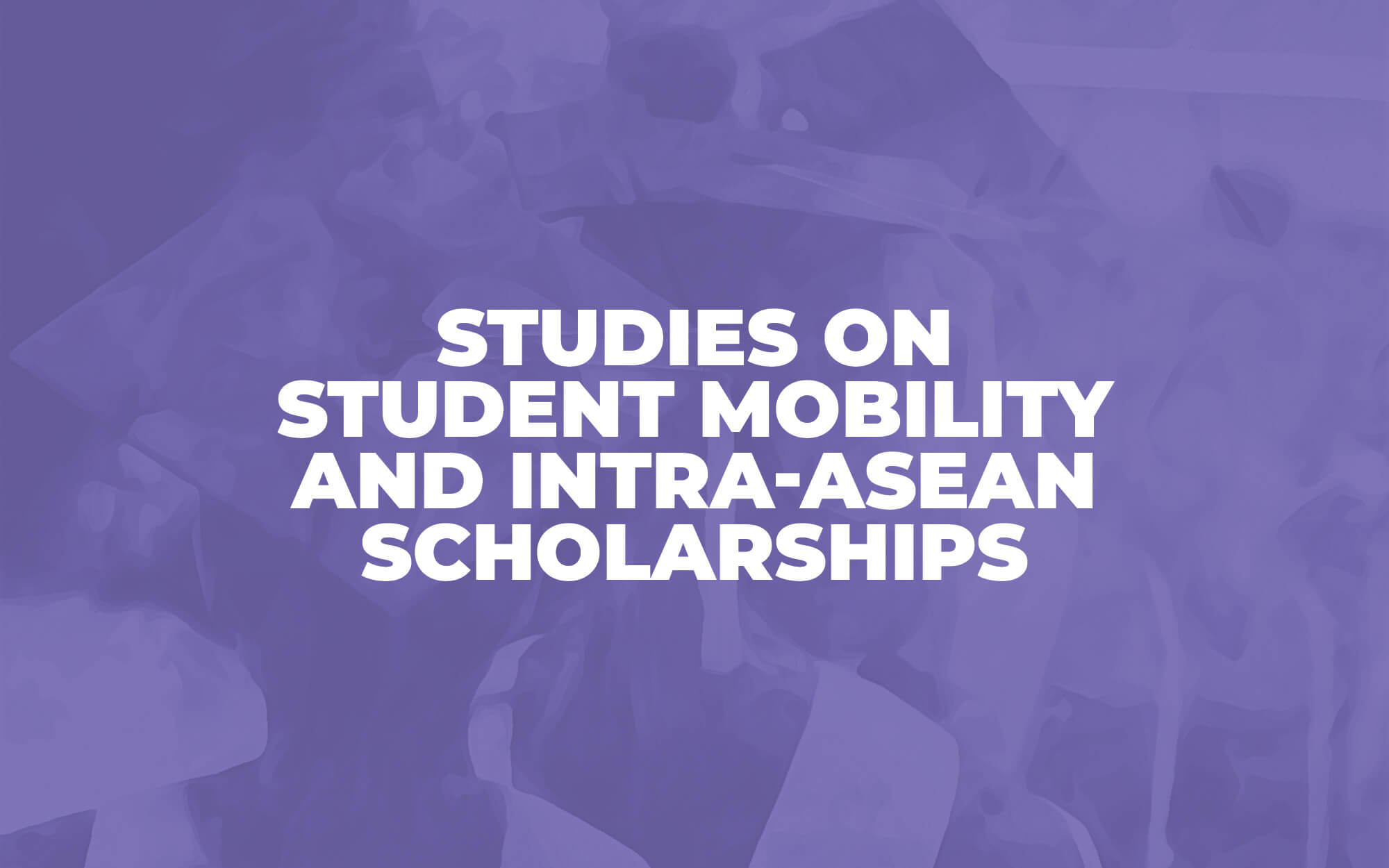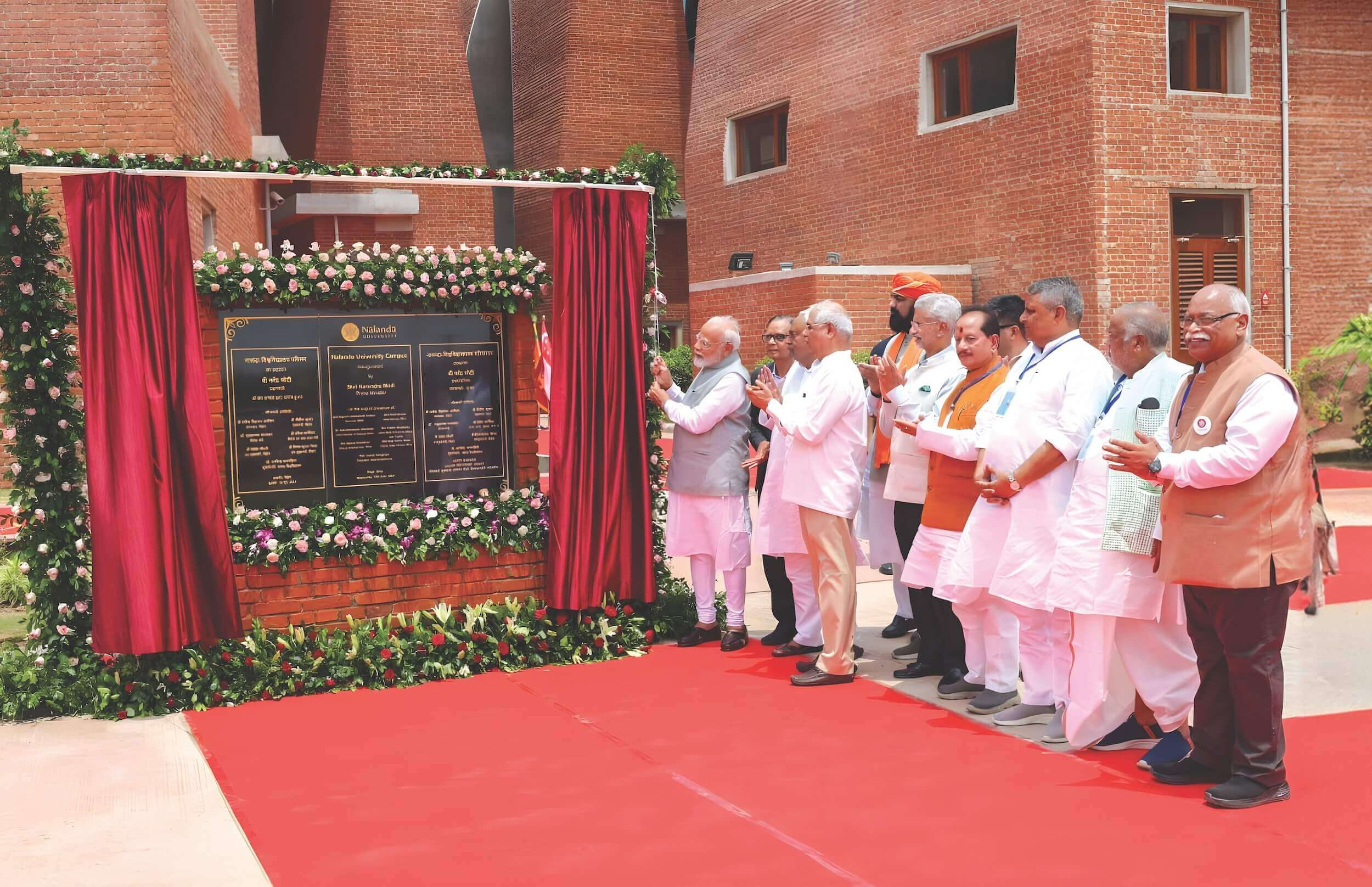




In recent decades, the field of education has encountered a range of challenges. These challenges encompass the emergence of the fourth industrial revolution, transformations in the work landscape, shifting demographics, and the disruptive impact of the COVID-19 pandemic. Collectively, these issues have intensified a persistent learning crisis. There are also new demands for education, such as ensuring inclusive, quality, and relevant education across the entire education continuum: early childhood care and education (ECCE), basic education, technical and vocational education (TVET), and higher education.
In September 2022, the Transforming Education Summit was convened by the United Nations Secretary General to address the global crisis in education, and specifically, the need for inclusive, equitable, quality, and relevant education for all. The education summit highlighted the various rationales for transforming education, including: education is a human right; schools must be inclusive, safe, and healthy; foundational learning has a critical role; education must promote sustainable development; there is a need to transform teaching and enhance investment in education; and the digital revolution is the key to transforming education.
The ongoing fourth industrial revolution and future industrial revolutions not only require the acquisition of new skills and competencies to navigate a changing world of work and society, but also a rethinking of how education systems can be made adaptable, flexible, and relevant. Challenges to learning are not new and these have been reported by the various academic, development sector, and government articles, reports, and research over the past decades. Given the myriad challenges, there is a significant need to improve the quality and availability of education data and statistics, and carry out continuous research to ensure that policy-making is evidence-based. There is also a need to recognise that the results of education reforms can only be seen within a mid-term or even long-term assessment.
The lifelong learning approach to learning, which has been advocated for decades, must be considered in initiatives to transform education to promote and enhance the acquisition of skills and competencies required to develop well-rounded and responsible citizens of ASEAN and the world. Therefore, education for sustainable development and global citizenship education needs to be promoted within and between education systems to ensure that our citizens are well-versed in and have the competencies for supporting the sustainable development of our individual countries, regions, and the world.

While discussions on the importance of TVET or higher education are prevalent among various scholars, it is important to acknowledge that education is a continuum and foundational skills must be acquired by each and every individual to continuously and effectively engage and participate in ASEAN and global community building. No child or individual should be left behind. To transform education in ASEAN and beyond, countries need to look back, learn from their and others’ experiences, and enhance collaboration to address various challenges, including children’s access to quality education. Investing in inclusive, quality early learning is a worthwhile pursuit as it strengthens the foundations of and cultivates a love for learning. It likewise enhances individuals’ ability to continuously acquire essential foundational skills that will equip them to live meaningfully in our rapidly changing global landscape. The development and recent endorsement of the ASEAN Leaders’ Declaration on Early Childhood Care and Education in Southeast Asia, which is expected to be adopted at the 43 ASEAN Summit in September 2023, clearly shows the political support of ASEAN Member States for ECCE and recognises the need for inclusive, equitable, and quality ECCE for all.
The adoption of the Declaration on Digital Transformation of Education Systems in ASEAN at the 40th and 41st ASEAN Summits and the ongoing development of the Roadmap on Digital Transformation of Education Systems in ASEAN also show that ASEAN and its Member States recognise the transformative potential of the digital revolution. Furthermore, the launch of the Roadmap on the ASEAN Higher Education Space and the ongoing development of the ASEAN-SEAMEO Declaration of a Common Higher Education Space in Southeast Asia indicate a commitment to enhance regional higher education collaboration and improve the quality and internationalisation of higher education in the region.
Although the ASEAN region still has a demographic premium, it will not last forever, and there is a need to tap the potential of all ASEAN citizens, including the most vulnerable and marginalised population, the elderly, and ethnic minorities, through a lifelong learning approach. The digital technologies play a key role, especially in the delivery, assessment, and even validation of learning, and in developing and institutionalising flexible pathways to learning integrated within national qualifications frameworks. The increasing use of Massive Online Open Courses, Collaborative Online International Learning, micro-credentials, virtual mobility, and hopefully, the regional and global recognition of prior learning and qualifications show strong potential to enhance lifelong learning opportunities for all.

The education sector needs to reimagine and transform teacher quality and pedagogy/andragogy. It must ensure that appropriate methodologies are utilised so that school children acquire the appropriate skills, competencies, and even values. It must elevate the status of the teaching profession and make it a lucrative profession in line with top professions (e.g., medicine, engineering). It must prioritise teachers’ socio-emotional wellbeing and continuous professional development. Debates on how to harness artificial intelligence (AI) have been ongoing and should be considered in reshaping pedagogical and andragogical approaches to teaching, learning, and refining assessment methodologies. For these things to materialise, it is crucial to secure adequate funding for education. It calls for increased public sector investment in education and innovative sustainable funding for education, all while emphasising that education is a human right and a public good.
Furthermore, there is a crucial need to strike a balance between incorporating social sciences and humanities and integrating science, technology, engineering, and mathematics (STEM) into the educational curriculum across all sectors. Our goal is to ensure that our children and future leaders comprehend that economics and work represent only a fragment of the ongoing social development within our region and the global community. In 2018, I authored an op-ed in University World News, advocating for ASEAN’s transformative leadership and highlighting the indispensable role of social sciences and humanities in nurturing changemakers.
Looking back and learning from the education initiatives, challenges, and experiences of various education systems, along with enhancing comparable quality data and evidence-based policy-making, are the essential elements for advancing and transforming education in ASEAN and beyond. Ongoing political commitments such as the Declarations, Roadmaps and Statements related to education need to be operationalised and sustained. Inclusive, complementary multi-stakeholder approach, including a regional approach to various education sub-sectors, can provide the necessary hard and soft infrastructure to transform education and promote inclusive, equitable, and quality education for all.








